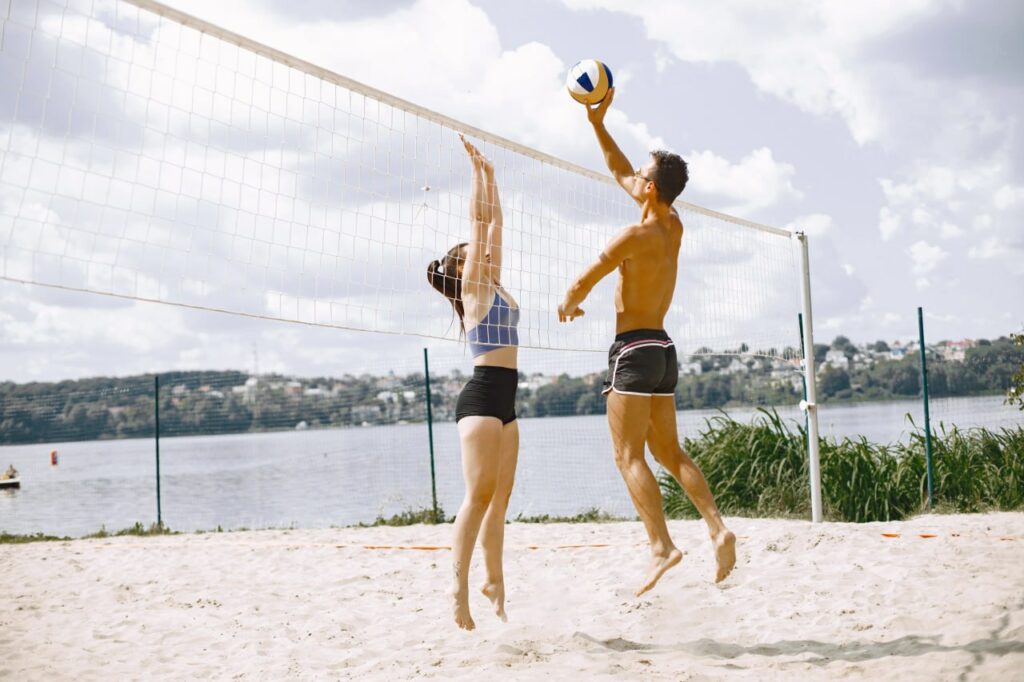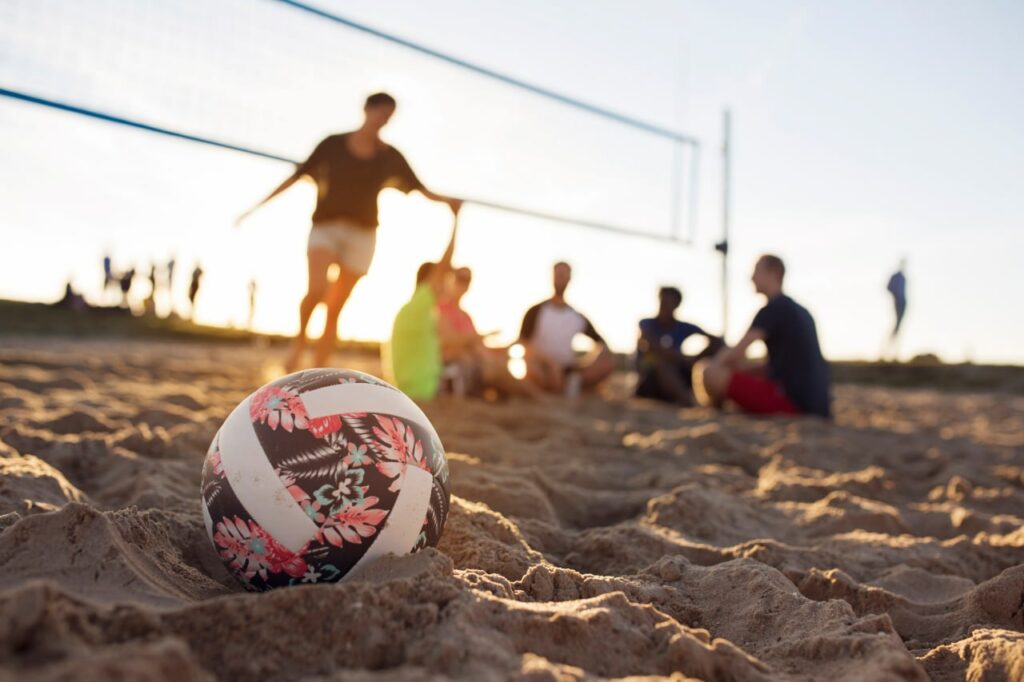In the dynamic and physically demanding sport of beach volleyball, where agility, endurance, and power are paramount, the role of nutrition and recovery cannot be overstated. For young athletes, mastering these aspects is crucial for peak performance and long-term development. This article explores essential nutrition guidelines, hydration tips, and recovery practices specifically designed for junior beach volleyball players, laying the foundation for a robust athletic regimen.
Nutritional Foundations for Beach Volleyball Athletes
The cornerstone of any athlete’s nutrition is a balanced diet, which should consist of carbohydrates, proteins, fats, vitamins and minerals. Carbohydrates are the main source of energy needed to maintain energy levels during matches and training. Sources such as whole grains, fruits and vegetables provide a slow release of energy, which is ideal for endurance sports such as beach volleyball. Protein is essential for muscle repair and growth, so lean meats, fish, dairy products and plant-based foods like beans and lentils are great choices. Healthy fats found in avocados, nuts, and olive oil promote energy production and support cellular function.
Meal and snack timing plays an important role in an athlete’s performance and recovery. A carbohydrate-dense, carbohydrate-rich meal 2-3 hours before a workout or match provides a steady supply of energy. After a workout, a combination of protein and carbohydrates for 30 minutes helps repair muscles and replenish energy stores. Regular, balanced meals throughout the day, as well as healthy snacks, maintain nutrient levels and prevent energy slumps.

Hydration: A Key to Peak Performance
Adequate hydration is critical for young athletes, especially in beach volleyball where the sun and sand increase fluid loss. It is important to drink water consistently throughout the day, not just during physical activity. A general recommendation is to consume at least one-half ounce to one ounce of water for every pound of body weight, taking into account activity level and environmental conditions.
Intense exercise and sweating lead to the loss of essential electrolytes. Replenishing them, especially sodium, potassium, and magnesium, is critical to maintaining fluid balance, muscle function, and preventing cramping. Electrolyte-rich beverages or natural sources such as coconut water, bananas and yogurt can be effective, especially during long workouts or tournaments.
Recovery Techniques for Sustained Athletic Growth
- Low-intensity activities such as walking, yoga, or swimming on rest days help keep muscles active, promoting circulation and facilitating the healing process without putting too much stress on the body.
- Quality sleep is one of the most powerful recovery tools for young athletes. Try to get 8-10 hours of sleep per night, as it is during deep sleep that important recovery and growth processes occur in the body.
- Post-workout exercises such as stretching, foam rolling, and massage therapy promote muscle recovery, increase flexibility, and reduce soreness. These practices help break up knots and improve blood flow to the muscles.
- Incorporating scheduled rest days into your workout regimen is vital to physical and mental recovery. On these days, you should rest completely or engage in light, low-stress activities to allow your body and mind to rejuvenate.
Special Considerations for Junior Athletes
Young athletes have unique nutritional needs due to their growing bodies and the energy requirements of sport. Caloric intake must support not only their athletic performance, but also the natural needs of growth and development.
Inculcating proper nutrition and recovery habits from an early age lays the foundation for lifelong health and athletic performance. Teaching healthy eating habits, the importance of hydration and proper recovery techniques should be an integral part of their training.
Regular monitoring of a young athlete’s nutrition, hydration levels and recovery processes is very important. Adjustments should be made based on their growth, changes in activity levels and feedback from the athletes themselves on how they are feeling physically and mentally.
Building a Strong Foundation
A comprehensive approach to nutrition and recovery plays an important role in the development and performance of young beach volleyball athletes.
A balanced diet that meets their specific energy needs, combined with effective hydration and recovery strategies, is the foundation of their athletic regimen. By prioritizing these elements, young athletes can significantly improve their performance and build a solid foundation for their health and well-being, setting the path to a successful and stable beach volleyball career.

